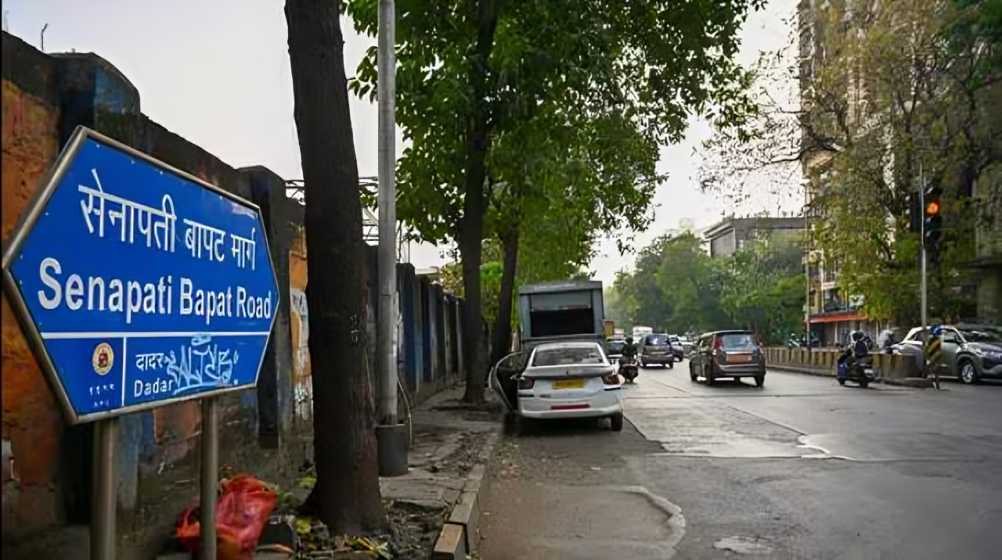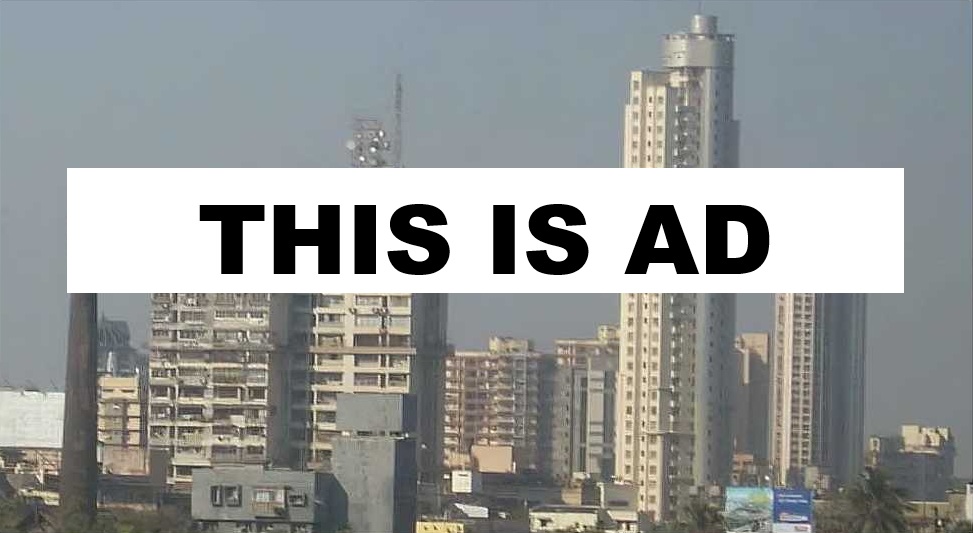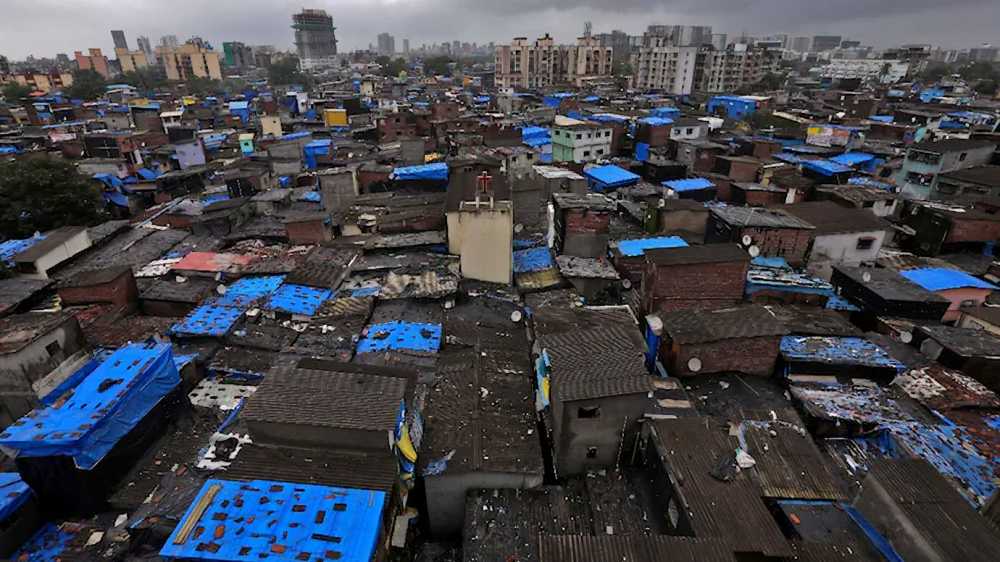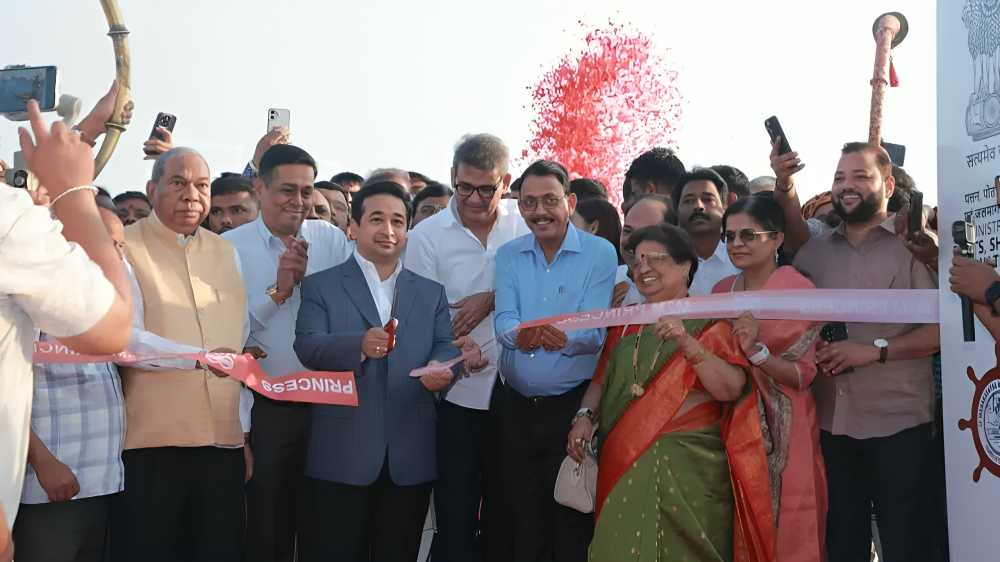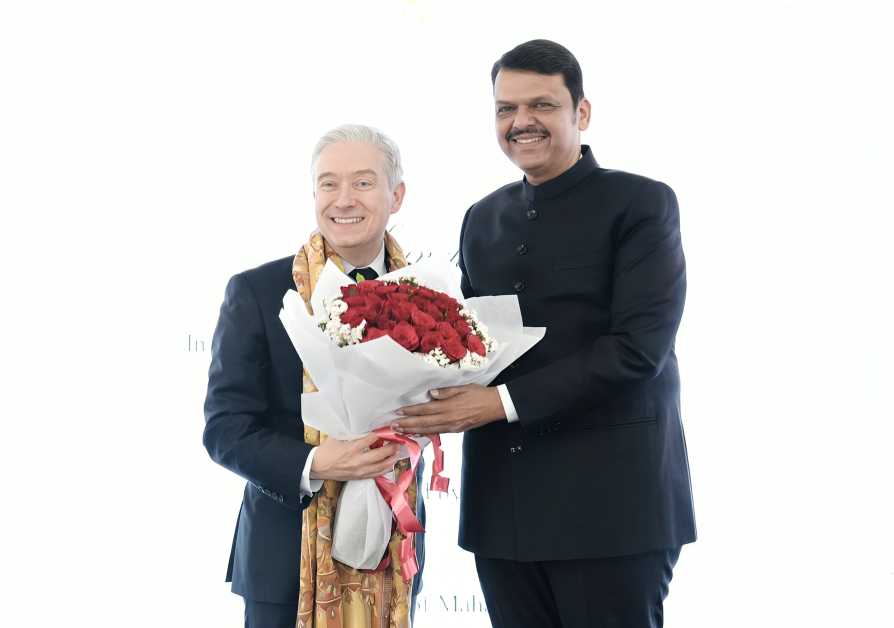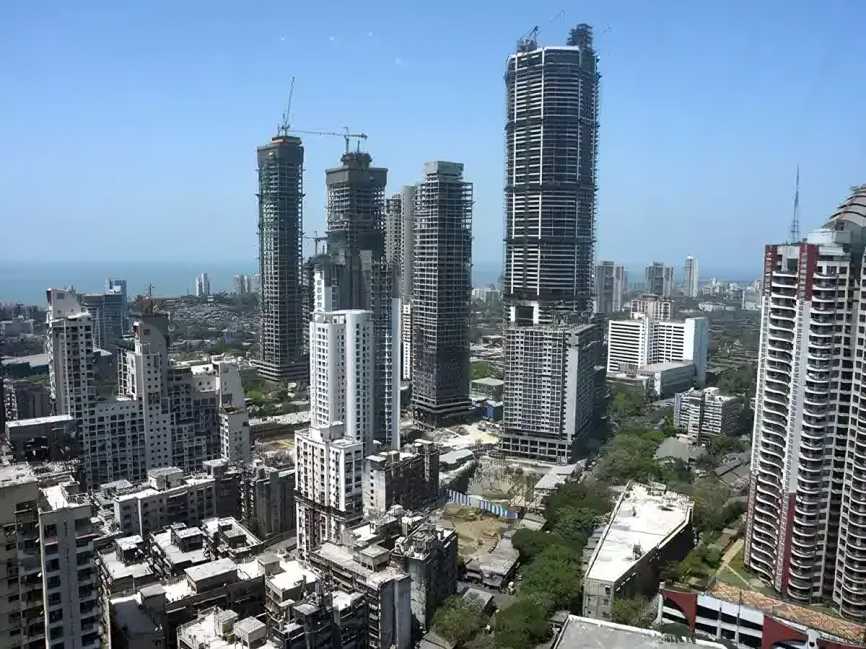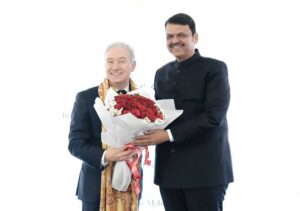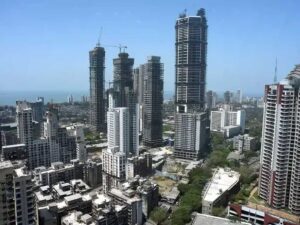November 21, 2025: In a landmark step towards pedestrian-first urban planning, the Brihanmumbai Municipal Corporation (BMC) has issued a Rs 100-crore tender to upgrade or construct 16.55 kilometres of footpaths across 14 major roads. Announced on Thursday, this initiative marks a major policy shift that places walkability at the centre of Mumbai’s road development strategy. Guided by Indian Roads Congress (IRC) standards, the project aims to create safer, more accessible, and inclusive footpaths city-wide.
The walkability programme forms part of the BMC’s broader plan to enhance pedestrian movement by implementing the “Universal Footpath Policy” during the 2025–26 fiscal year. This policy mandates continuous walking routes, lower kerb heights, improved accessibility features, and barriers to prevent vehicular intrusion. The project also seeks to remove recurring hurdles such as hawker encroachments and unauthorised parking, while promoting public-private partnerships for spaces like the pedestrian plazas at Kalaghoda and Regal Cinema.
Additional municipal commissioner (projects) Abhijit Bangar described the initiative as the beginning of a new chapter in Mumbai’s road planning. “We are publishing the tender for a walkability project and making it live. We had a fund of Rs 100 crore for which a few works have been selected. The condition of footpaths isn’t good, and for pedestrian movement, there is no optimum development,” he said. He added that the civic body intends to make an “intentional effort” to strengthen pedestrian pavements by building new footpaths to standards and upgrading existing ones through retrofitting. The selected works span the island city and both suburbs.
Under IRC norms, footpaths must be built at a six-inch height and equipped with bollards at crossings to prevent encroachment. Tactile tiles are required to aid visually impaired pedestrians, and society gates must meet road level to avoid steep, unsafe gradients. “Many times, society constructs a slope where walkability is sacrificed. This is how it is modified,” Bangar explained.
The tender comes amid rising concerns around pedestrian safety and footpath quality. With infrastructure expanding across Mumbai, walkability—defined by width, condition, continuity, and accessibility—has become crucial for mobility, public health, and congestion reduction. The initiative builds on the BMC’s 2016 “Universal Footpath Policy,” aimed at standardising footpath design across Greater Mumbai.




